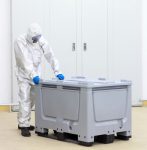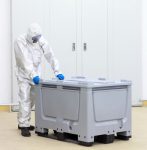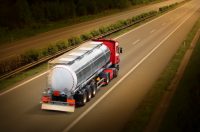Is it safe to say that the RCRA regulations on recyclable materials from which precious metals are reclaimed have not been affected by the 2015 DSW Final Rule?
The 2015 Definition of Solid Waste Final Rule (2015 Final Rule) does not significantly affect the recycling exemption from full RCRA Subtitle C regulation found at 40 CFR 266.70 for precious metals being reclaimed in accordance with the 40 CFR 266.70 provisions. When in the process of revising the 2008 DSW rule, however, EPA did […]










